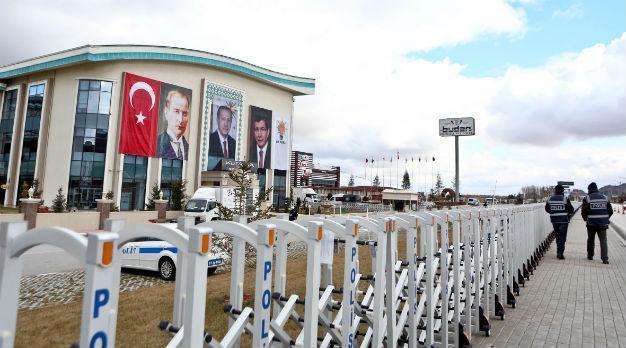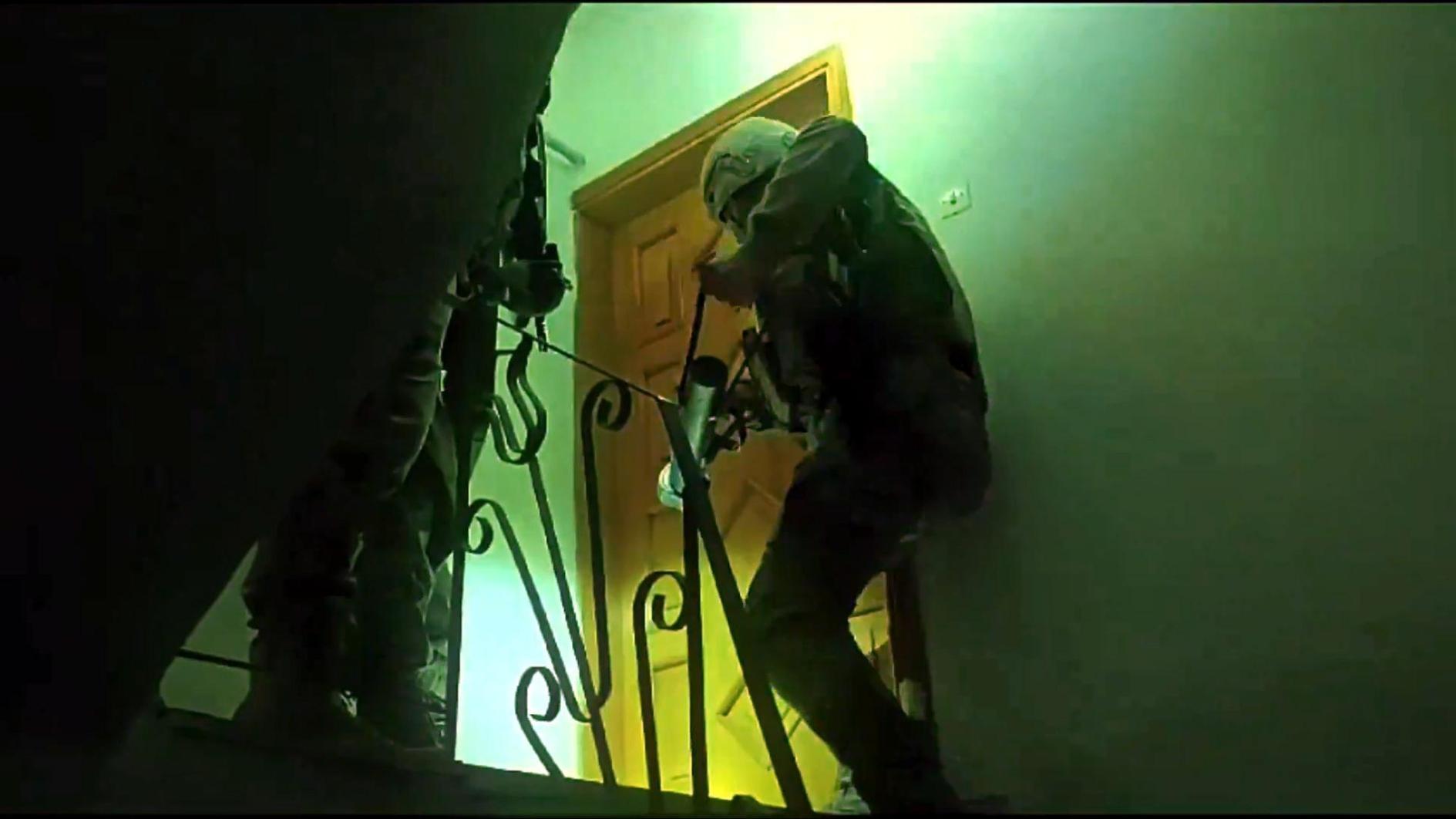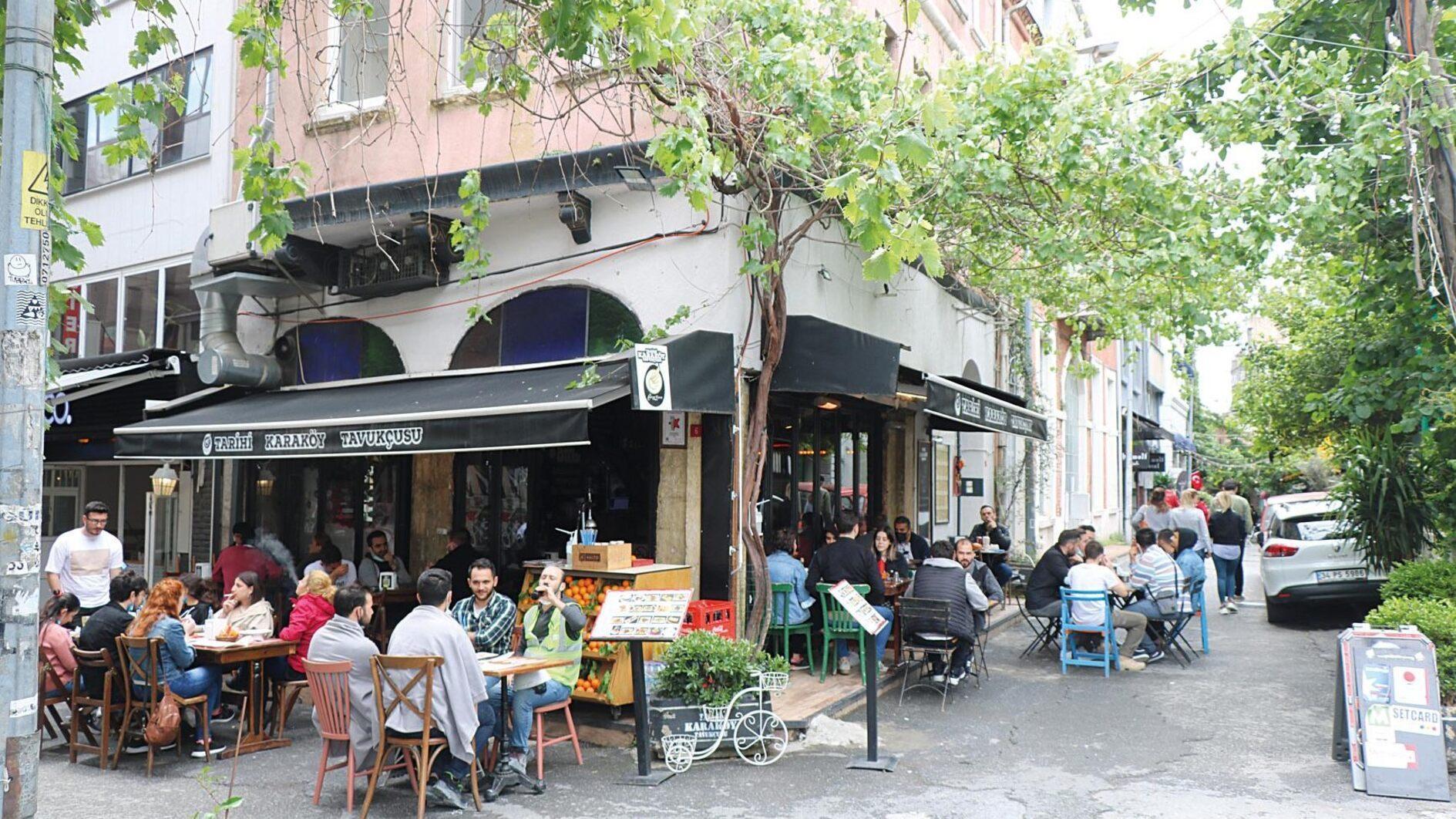Presidential system likely to dominate AKP gathering despite Turkey's hectic foreign agenda
ANKARA

AA photo
Major complications in Turkey’s foreign policy, particularly due to escalated tension with its neighbors Iran, Iraq and Russia stemming from the Syrian conflict, will be on the agenda of a regular convention of the ruling Justice and Development Party (AKP). Still, plans for a transition from the current parliamentary system to a presidential system, as strongly favored by their founding leader, President Recep Tayyip Erdoğan, will likely cover the majority of the talks during the two-day convention, which kicks off on Jan. 9.Similar meetings have been held twice a year since the founding of the AKP in 2001 and this weekend will mark the 24th edition, as well as the second such meeting chaired by the party’s leader, Prime Minister Ahmet Davutoğlu, but not Erdoğan, the founding leader of the party and the prime minister from early 2003 until August 2014.
“This is one of the most important meetings of our political life. Normally, we hold it every six months but we couldn’t hold it due to [the Nov.1, 2015,] elections,” AKP spokesperson Ömer Çelik told reporters on Jan. 6, concerning the gathering in the western Anatolian province of Afyonkarahisar.
Davutoğlu will deliver an opening speech on Jan. 9 and by the end of the convention, late on Jan. 10, he will chair a session where he will respond to questions from deputies, along with members of his cabinet.
Deputies will be able to gather with ministers and deputy chairs of the party at simultaneous but separate meetings over two days for “deep negotiations,” Çelik said.
“In this way it will go on with brainstorming on Turkey’s significant matters in an atmosphere of cohesion where those willing will be able to join with their families,” he said.
As usual, all sessions other than Davutoğlu’s opening and closing speeches will be closed to the press.
Convincing deputies
The gathering comes shortly after Davutoğlu said Turkey’s political parties could complete work on efforts to draft a new constitution within six months. Yet Erdoğan’s insistence on a shift to a presidential system could yet hinder a deal, as opposition parties have not lent support to proposals to entirely overhaul what is now a largely ceremonial presidency, although they have agreed on the need to replace the current constitution.
A number of polls conducted by various survey companies, including those close to the AKP, have shown support for a presidential system has not yet reached 50 percent. The results of these polls have been shared with both Erdoğan and Davutoğlu.
Erdoğan and his inner circle have posited that the lack of popular support stems from a dearth of sufficient and detailed information about the presidential system, leading the leaders to search for a way to “accurately inform the public.”
Thus, having a strong commitment from deputies to campaign in favor of the presidential system is essential for Erdoğan and the AKP’s leadership. The convention in Afyonkarahisar will offer an opportunity to close the ranks to this aim.
Iraq, Iran, Turkmens, Russia, Obama
Foreign policy discussions will also take up a large swath of time during the convention.
On Jan. 6, U.S. President Obama called Iraqi Prime Minister Haider al-Abadi to congratulate him on Iraqi forces’ recent successes in Ramadi and to underscore the United States’ enduring support for Iraq in its fight against the Islamic State of Iraq and the Levant (ISIL). During the call, Obama reaffirmed the United States’ commitment to Iraq’s territorial integrity and sovereignty and called on Turkey to do the same by withdrawing any military forces that have not been authorized by the Iraqi government.
Late on Jan. 7, Turkish forces killed 18 ISIL members after jihadists tried to sneak into a training camp in the Bashiqa region of northern Iraq.
On the same day, Turkey summoned Iran’s ambassador to demand a halt to Iranian media reports linking the execution of a Shiite cleric by Saudi Arabia with last week’s visit to Riyadh by Erdoğan. Also on Jan. 7, Erdoğan hosted delegations from the Bayırbucak Turkmens and the Syrian Turkmen Assembly in separate meetings, as the Turkmen minority has recently been at the center of Turkey’s growing tension with Russia following the latter’s airstrikes in northern Syria where Syrian Turkmens, who are Syrians of Turkic descent, live.
Yet again on Jan. 7, elsewhere in Ankara, Foreign Ministry Undersecretary Feridun Sinirlioğlu hosted U.N. Special Envoy for Syria Staffan De Mistura who, before traveling to Turkey, paid a visit to Riyadh.
Conflict and Gülenists
The fate of the ongoing conflict between government-led security forces and the outlawed Kurdistan Workers’ Party (PKK) and the chances of reviving a long-stalled peace process will also inevitably be discussed during the AKP convention.
The AKP’s fight against supporters of U.S.-based Islamic scholar Fethullah Gülen is likely to come on the agenda as well, this time with an additional aspect since the party this week announced it had referred one of its founding members, Yaşar Yakış, to the party’s disciplinary board for expulsion over his remarks delivered to media outlets close to the Gülen movement.
















